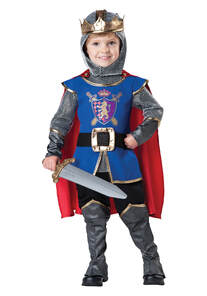I sang in a concert last night with many combined choirs and a large orchestra performing Gustave Mahler's 2nd Symphony. When it was first performed in 1895, it was very big and very long, very intense, and filled with orchestral effects that no one had ever heard before. It actually predates many of the effects cinematic scores are filled with today. The choir and two soloists wait through nearly 1 hour and 20 minutes before they get to sing the finale (the last 15 minutes). Many people love this symphony for how it makes them feel, how its message is about resurrection, and how beautifully the many prominent themes are presented. (In fact some of the musical passages I still can't get out of my head!)
The Maestro who conducted was impressive, for sure. He had the entire score memorized. When he rehearsed the choir, he simply gave us our beginning pitches in solfege relying on his perfect pitch. He was very emotive and expressive (although there was a language barrier and like other conductors it was hard to find his ictus).
Anyway, I kept watching the orchestra and seeing how intensely they were counting -- waiting for the few measures the individual specialty instruments got to play. The poor triangle player, or the 5th trumpet, or the four horn players that only played a few measures from off-stage...
I could never count for that long that intently! I was raised in a pop music world where 3 minutes per song was considered optimum.

Whenever I write a children's theater piece, I have to think of using ALL of my players fairly equally throughout the show. They each need to be busy most of the time. The pacing needs to work with their shorter attention spans.
Guess I have a short attention span too.
This little marching song is for the Knights who have many jobs in my new show The Frog Prince. such as delivering invitations on stick ponies to changing around set pieces, as well as doing a carefully choreographed display of sword fighting. At just over 1 minute in length, it is a short form piece with big purpose!
 RSS Feed
RSS Feed